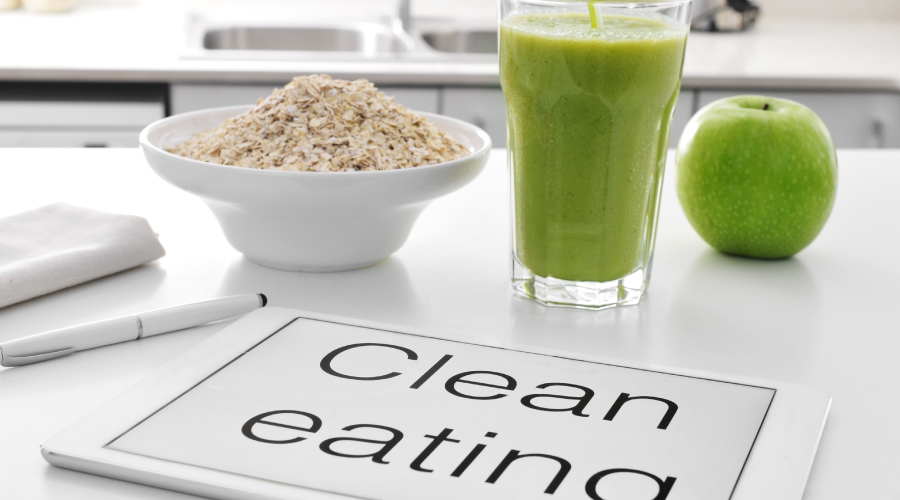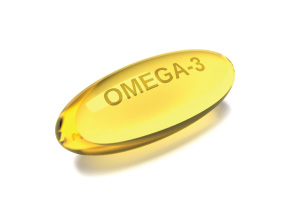

You must have heard of “clean eating” but you might not be sure what it is or how to start changing your diet. Clean eating involves consuming healthy and natural food options and consuming fewer unhealthy or packaged foods.
Adopting a clean eating regimen or plan is an easy and effective strategy to improve your overall health. The idea of clean eating includes consuming farmed foods with more consideration for the environment.
If you want to take a few steps towards clean eating, you will have to cut out some processed foods and avoid some unhealthy foods. Below are a few do’s and don’ts that you need to follow to engage in clean eating and lead a healthier lifestyle.
Dos of Clean Eating
Here, we share some points that you can follow for clean eating:
1. Make Fruits and Vegetables a Priority
Clean eating means including more vegetables and fruits in your diet. This will help you significantly to have good health.
Eating veggies and fruits help treat many diseases, such as high blood pressure, heart disease, cancer, and type 2 diabetes. Vegetables provide different nutrients, fibre, and antioxidants that help keep your microbiome healthy, a group of good bacteria in your gut.
Try to consume at least five pieces of fruit and vegetables of different varieties every day.
2. Consume Whole Grains
It would be best if you always choose whole grains over processed grains. Including whole grains in meals or diets reduces cardiovascular disease risk, colorectal cancer risk, and type 2 diabetes.
A clean diet includes whole-wheat spaghetti or whole-grain bread made using essential ingredients. When you swap your refined carbs for whole grains, you will get more energy, antioxidants, inflammation-fighting phytonutrients, and fibre. People trying to lose weight should consume more whole grains to make the process easier.
Watch your portion amounts- Keeping an eye on how much you consume will help you from consuming any unhealthy foods.
Also, ensure that the serving size of the meal during dinner is much less than that of your lunch. Always try to consume veggies, salads, lean proteins, and whole-grain foods for your lunch.
3. Eat Frequently
Try to eat frequent meals throughout the day. Consuming four to six meals daily will help you reduce spikes in your blood sugar levels and increase your metabolism.
Also, eating foods more frequently will ensure you are full, your tummy is satisfied, and you won’t snack on junk foods.
Also, ensure that your diet contains proteins, complex carbohydrates, and other valuable nutrients.
4. Stay Hydrated
Staying hydrated is one of the essential points of clean eating. Drinking at least six or two litres of water daily will keep your body hydrated and reduce many health problems.
It will also ensure that your stomach is full, and you will not be craving unhealthy snacks.
If you can not drink a lot of water, try to eat foods with high amounts of water, such as oranges, cucumber, celery, and tomatoes.
Don’ts of Clean Eating
Following are some don’ts of healthy eating:
1. Don’t Skip Breakfast
Breakfast is the most critical and significant meal of the day. To start a clean eating diet, make sure you eat breakfast.
Skipping breakfast can affect your overall health. It may cause obesity, headaches, and irritated moods and reduce glucose levels in your bloodstream.
So, always eat your breakfast. A healthy breakfast will give you all the necessary nutrients for good health.
2. Don’t Consume Too Much Saturated Fat
It is essential to add fat to your meal, but it is also important to keep an eye on the amount and type of fat you consume.
Too much saturated fat will increase the cholesterol level in the blood. This, in return, will cause many heart diseases.
Saturated fats are found in foods, namely sausages, cream, butter, cakes, and many other things. So, reduce your saturated food intake and replace it with clean food.
3. Don’t Consume too much Alcohol
Alcohol does not contain any nutrients or minerals that will be helpful for your health.
Consuming too much alcohol can affect your health as it interferes with your body’s capacity to utilise and absorb nutrients and weakens your immune system.
But if you still want to enjoy alcohol, try to consume it in moderation and only during special occasions.
4. Don’t Use too much Salt
Consuming too much salt is not suitable for your health. Excess usage of salt will lead to high blood pressure.
Even if you don’t use salt in your food, you may still be overeating it. Reducing the intake of processed foods will help reduce sodium intake, as packaged foods contain more salt than homemade foods.
To reduce the amount of sodium intake when you are cooking, try to include spices and herbs, vinegar or citrus in your food.
Clean or fresh eating can still contain salt to bring taste and flavour, but you need to use it smartly.
5. Don’t Consume Excess Sugar
If you are consuming drinks and foods high in sugar, the risk of obesity and tooth decay is increasing.
Sugary foods are high in energy and, if consumed too often, will lead to weight gain. If sugary foods are consumed in between meals, it can lead to tooth decay.
When eating any packed food, try to read the labels and check the sugar content. This will help you to keep an eye on your sugar intake.
Conclusion
After reading the above information, we hope that you understand what clean eating is and what it includes. It can help us consume less salt, sugar, and fat, among its many other benefits. To maintain our health, we must always practise clean eating.
Clean eating involves consuming nutrient-dense meals abundant in minerals and nutrients. This will improve the way your heart and brain function.




